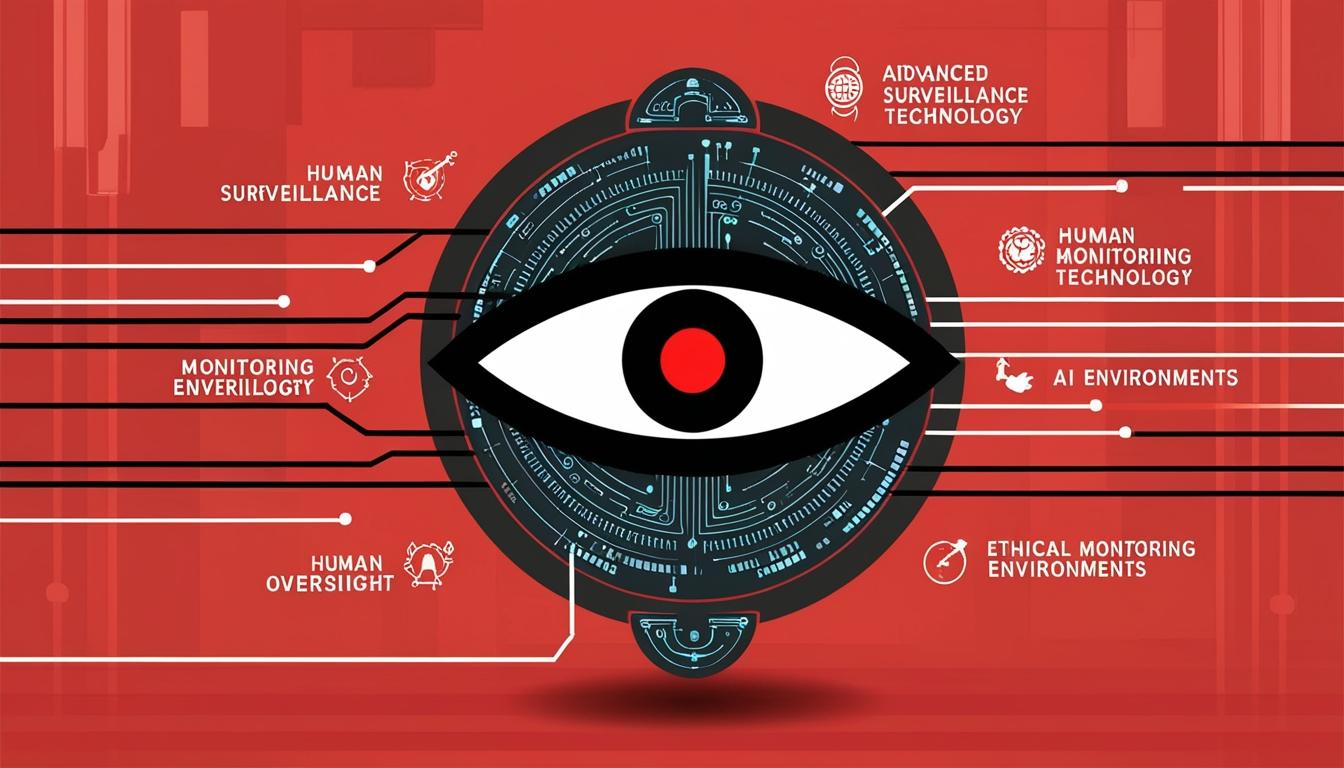Artificial intelligence (AI) is significantly reshaping the landscape of surveillance and monitoring, providing advanced tools for security purposes while also raising intricate operational and ethical challenges. The Monitoring Association (TMA) convened a panel of notable experts during its November 2024 OPSTech meeting, which included Sonny Tai, Co-Founder and CEO of Actuate; Avi Lupo, Co-President of Dice Corporation; and Joshua Parsons, Founder of Watchful. The panel aimed to shed light on both the current state and future potential of AI technologies within monitoring centres, furnishing attendees with essential insights for successful AI adoption.
One of the notable insights from the session was the recommendation to implement generative AI cautiously. Tai emphasised the immense potential of generative AI to automate various tasks, enhance decision-making processes, and decrease the operational load on teams. However, Tai warned that proper integration must be strictly managed. "Implementing guardrails — establish robust validation systems to ensure AI outputs are accurate and contextually appropriate," he stated. The need for human oversight was also underscored, with the experts maintaining that AI should complement rather than replace human expertise, thereby fostering accountability and trust in AI-driven decisions.
Additionally, the panel called attention to the necessity of investing in comprehensive training and development initiatives. It was highlighted that both internal teams and clients should be educated on the functionalities and limitations of AI technologies. Lupo pointed out the importance of equipping design and sales teams with the knowledge to accurately represent AI capabilities, ensuring that customer expectations are aligned with technological realities. This approach not only helps to avoid unrealistic overpromising but also enhances customer satisfaction and trust in the long run.
In regards to the progression of AI implementation, the panel proposed a pragmatic approach: starting small and scaling gradually. Instead of launching extensive deployments that require considerable resources, they advised beginning with limited-scale pilot programmes to test AI solutions under real-world scenarios. This method allows for the acquisition of data-driven insights and adjustments based on operational feedback, minimising risks while maximising learning opportunities.
As part of their emphasis on practicality, the panelists pointed out the common industry tendency towards overhyping potential capabilities, often at the expense of focusing on dependable, foundational functionalities. "Focus on achieving high accuracy in core functionalities," Parsons noted, advocating for the importance of reliable detection systems that can form the basis for future advanced applications.
Another critical area of discussion was the ethical and privacy considerations that surround AI in surveillance. The panel asserted the importance of actively addressing potential biases and ensuring data protection compliance. Tai elaborated on the significance of implementing diverse training datasets to mitigate racial and demographic disparities in AI outputs. Moreover, privacy frameworks such as GDPR should be adhered to, alongside clear communication with customers regarding data usage.
The experts shared real-world instances of AI success, such as a monitoring station in Houston that optimised its operation by integrating cloud AI with generative models, enhancing its operator-to-camera ratio dramatically. This kind of evidence served to highlight the real-world possibilities of AI-enhanced surveillance while empowering industry players to explore varied business models, such as resource-based billing versus per-camera pricing, to drive fairness and efficiency.
Looking towards the future, the panel encouraged an open-minded approach to AI and automation in business practices. Lupo advised caution against making substantial investments in infrastructure without first comprehending the rapidly evolving technological landscape. The overarching theme was the importance of a gradual, measured approach to innovation in the field of AI-enhanced surveillance.
As the monitoring and surveillance industry continues to adapt and evolve, the insights shared at the TMA meeting provide a roadmap for businesses seeking to harness AI’s transformative potential while navigating practical and ethical considerations effectively.
Source: Noah Wire Services
